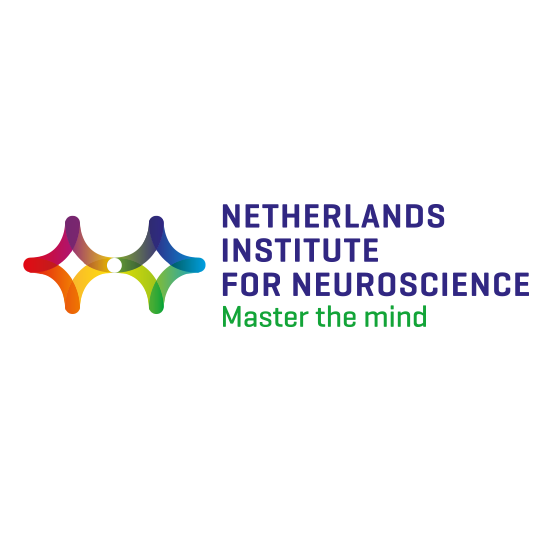The neurobiological mechanisms of reinforcement learning, habits, compulsivity, and DBS
The group, headed by Ingo Willuhn, studies the neurobiological basis of reinforcement learning, decision making, and compulsive behavior using rodent models, predominantly in cortico-striatal circuits. We investigate different aspects of motivated behavior (i.e., habit formation, response flexibility, impulsivity, compulsivity, and patience) and measure brain activity simultaneously. In addition, we investigate the neurobiological mechanisms of the effects of deep-brain stimulation (DBS) in rodent models of psychiatric disorders.
The group closely collaborates with the AMC Psychiatry department and, therefore, has close ties with clinicians and clinical researchers, providing optimal conditions for a translational and multidisciplinary approach. Specifically, we translate clinical findings into relevant animal models for addiction or obsessive-compulsive disorder (OCD), and vice versa, we aim to apply the conclusions from our basic science findings in the clinical setting. Our research tools include methods for intracerebral stimulation (e.g., DBS, optogenetics, chemogenetics) in freely moving rodents, in combination with tests for motivated, emotional, and cognitive behavior (in set-ups such as elevated plus maze, open field, and operant chambers), real-time neurochemical measurements (e.g., microdialysis, fast-scan cyclic voltammetry), and electrophysiological recordings (single-unit activity and local field potentials, and 1-photon calcium imaging using miniscopes).
The student will be involved in one of the following projects depending on preference and availability:
- COORDINATION AND SYNERGY OF REGIONAL DOPAMINE RELEASE IN THE STRIATUM: FUNCTIONAL NEUROANATOMY.
- (COMPLEMENTARY) ROLES OF SEROTONIN AND DOPAMINE IN REINFORCEMENT LEARNING, PATIENCE, HABIT FORMATION, AND COMPULSIVITY.
- MEASUREMENT AND PERTURBATION OF BRAIN ACTIVITY IN RODENT COMPULSIVITY MODELS.
- EFFECTS OF DBS ON BRAIN FUNCTION AND COMPULSIVE BEHAVIOR.
- MEASUREMENT AND COMPUTATIONAL MODELING OF THE NEURAL CODE OF STRIATAL AND CORTICAL NEURONS DURING REINFORCEMENT LEARNING, IMPULSIVITY, AND DECISION MAKING.
To apply for this job email your details to i.willuhn@nin.knaw.nl

